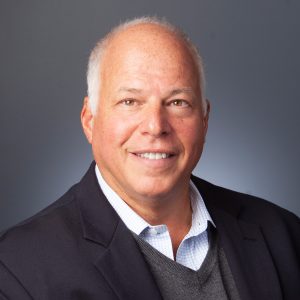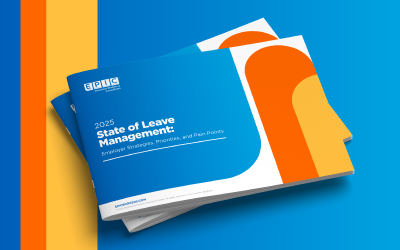EMPLOYEE BENEFITS
Government-Provided Healthcare Sounds Good – but Sometimes the Devil You Know Is Better
Viewpoints from Craig Hasday
Politico reported today that states are facing difficult cuts to benefits and services as a result of the coronavirus. The biggest budget line item for states is, of course, Medicaid. With the dramatic drop in income and sales tax revenue and the surge in newly eligible citizens, states are facing tough decisions. In the last downturn, “non-essential services” like dental care and podiatric services were cut, and payments to doctors and hospitals were slashed in a desperate effort to contain costs. This crisis is sure to be worse… much worse. Remember that under the Affordable Care Act, many states expanded Medicaid – so more people are covered, and with unemployment now at 16% and possibly growing, the Medicaid rolls will be exploding. The states, desperate to maintain solvency, are begging the federal government to provide greater Medicaid support payments, but the feds have their own issues with the Paycheck Protection Program (PPP) and support to hospitals, as well as fighting the virus.
And as soon as the federal government does provide funds, they are absorbed. Ohio Governor Mike DeWine and Colorado Governor Jared Polis just announced spending cuts in excess of $200 million in each of their states and Georgia Governor Brian Kemp announced a 14% reduction in Medicaid spending.
Therein lies the problem with government-provided healthcare. Revenues have to match spending. When revenues drop, the only choice is to cut expenditures. Any way you look at it, that translates to healthcare rationing. So what will the government cut? High-cost cancer care? Specialty medications that can cure autoimmune disease? Care for chronically ill children? Or will hospitals be forced to reduce services and provide inferior care? Will care for “non-essential services” like back surgery or knee repair face delays? And once these cuts are made – will they ever be restored?
There is no doubt that our healthcare system has to change, and when we come out of this pandemic it will. But I am hopeful that those who advocate a complete replacement of the employer-provided system take heed. There is no perfect system. The trick will be to provide the balance that creates the least pain. Countries that are used to government care generally accept it, just as we accept the inefficiencies of the Department of Motor Vehicles and the post office. But Americans are used to getting the best and most up-to-date care. I wonder how many will accept less.
For our coronavirus coverage, visit epicbrokers.com/coronavirus
Join the conversation – participate in our “Return to Work” and other In It Together pulse surveys, our COVID-19 strategic collaboration and idea-sharing forum. Visit epicbrokers.com/insights/preparing-for-the-new-normal
Related Content
Products
Employee Benefits Consulting
Our dedicated benefits team is focused on delivering better outcomes – to both your benefits program and ...
Products
Compliance
We provide comprehensive consulting services and in-depth education regarding the ever-changing employee ...
Industries
Healthcare
Our healthcare practice is known around the world for its expertise and passion in delivering exceptional ...



